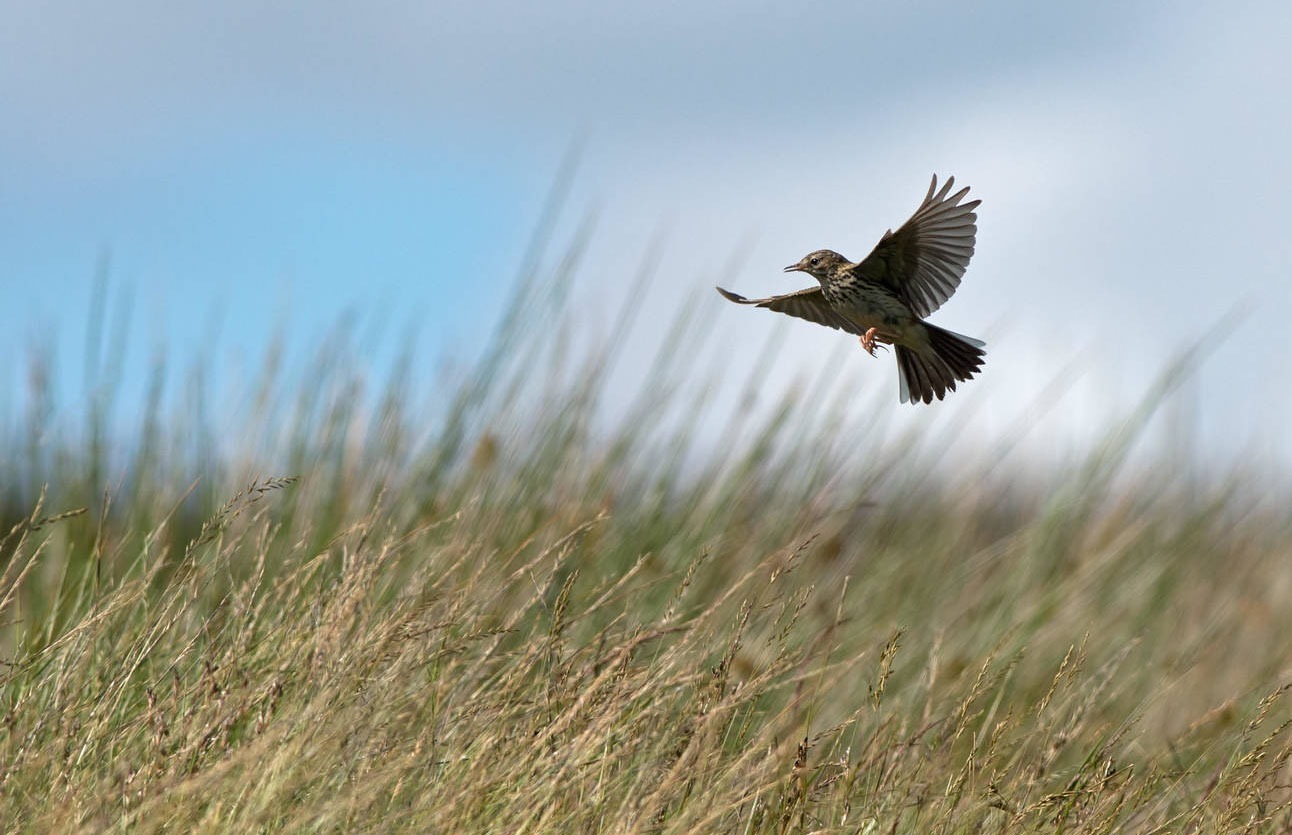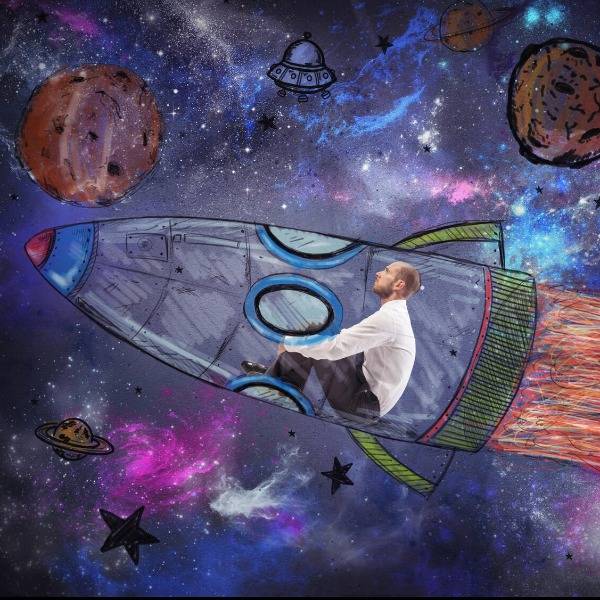
Vesper Flights (Jonathan Cape) by Helen Macdonald
A French First World War pilot, gliding down at twilight over enemy lines, finds himself surrounded by a flock of swifts seemingly motionless in the air. They are asleep on the wing, so close by he might reach out and touch them. There is something magical in the moment that the secular lexicon struggles to articulate, so it seems appropriate that swifts’ habit of ascending into the upper air at the close of day is still known by the phrase “vesper flights”, after the evening prayer in the devotional Christian daily cycle.
It is an appropriate title, too, for Helen Macdonald’s latest book, a wide-ranging collection of essays that first appeared in the New York Times and elsewhere. As well as being a naturalist, Macdonald is a historian of science. She approaches the natural world with a scientist’s eye for distinction and difference. But she is also drawn to the idea that being in nature requires us to engage with and listen to all the ghostly intuitions of the body, those intimations of mystery and revelation that science can’t account for.
The tension between these two modes of thought fuels and illuminates her writing. In the early days of radar, operators were confused by fast-moving echoes out at sea where neither ship nor aircraft lay. With no rational vocabulary to reach for, scientists looked to the language of grace: angels, they called them. Macdonald quotes a couple of Marconi lab reports which reference “scintillating discrete angels” and “persistent angel echoes”. That the angels were eventually understood to be flocks of birds doesn’t detract from the wonder the moment evokes.
But Macdonald also explores how the need for scientific rationalism is itself an emotional one. As a bullied child, she lay in bed and ran through a litany of the layers between herself and the Earth’s core, and then again out and up towards the exosphere. Knowing your place, and the place of everything else, is a very human kind of comfort.
Likewise, our conception of nature has always been conditioned by the historic moment. The idea that male birds sing to define and defend their territory emerged after the carnage of the First World War. One of the first major initiatives of the British Trust for Ornithology was to launch a kind of avian Mass Observation programme. In 1934, Norfolk farmers shot skylarks because they migrated from Germany. “Skylarks that sing to Nazis will get no mercy here,” the local press announced. Even now, the science of migratory tracking develops hand-in-hand with state defence and surveillance technology. The 2013 arrest of a stork in Egypt for spying is not as irrational as it first appears. The relationship between natural and national history – with their parallel structures of identity and difference – is another recurring theme. When Macdonald writes about migratory birds, she also has her eye on migrating humans seeking refuge from catastrophe.
The 40-odd essays gathered here span the globe, but Macdonald’s natural habitat is a southern English landscape of trees and mud and water somewhere in the cold arc between autumn and spring. Typically her pieces are built around moments where her attention “has unaccountably snagged on something small and transitory”.
Macdonald is trying to find a way of writing about nature that accommodates both the luminous complexities of science and more experiential epiphanies. She is reaching for a taxonomy of wonder, “full of difficulty and mystery [that] makes the landscape seem intrinsic to what its creatures are: things in the present moment – bewitching, complicated and always now”. And she succeeds: Vesper Flights is a small, urgently beautiful book about the haunted meanings of belonging in the world, whether that world is a wetland, a city or a wood in winter.
From the autumn 2020 edition of New Humanist.

